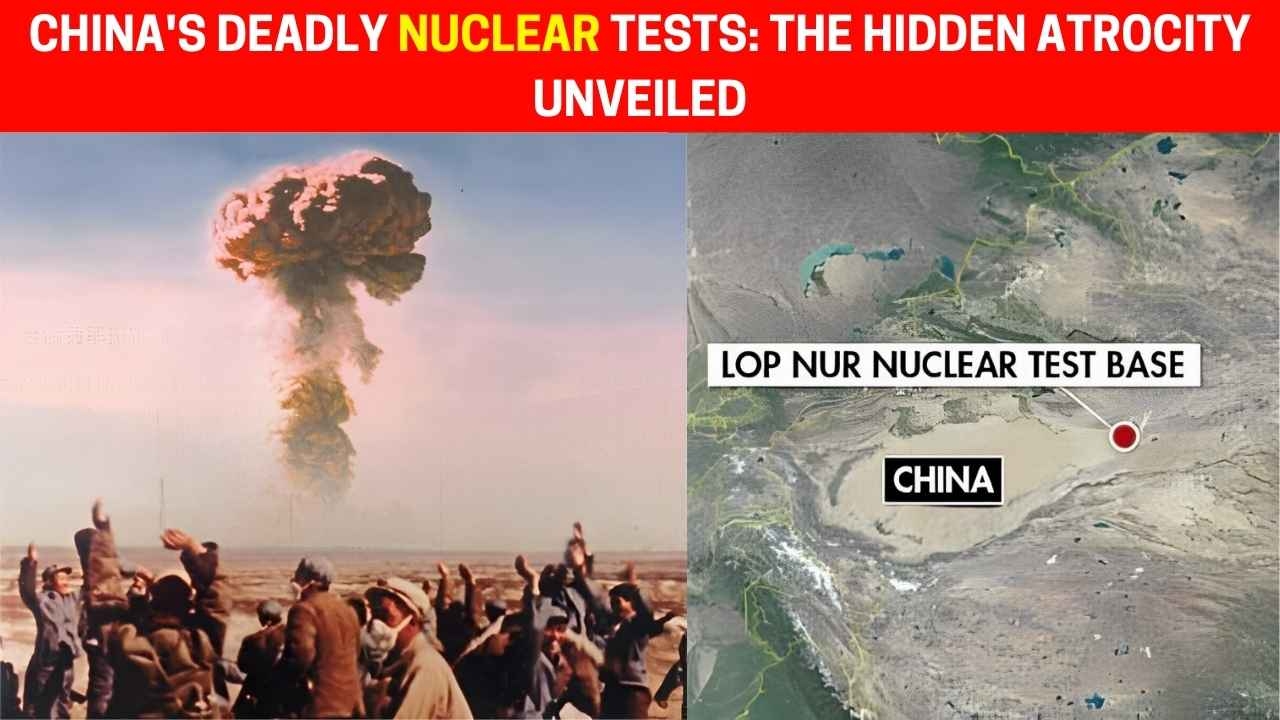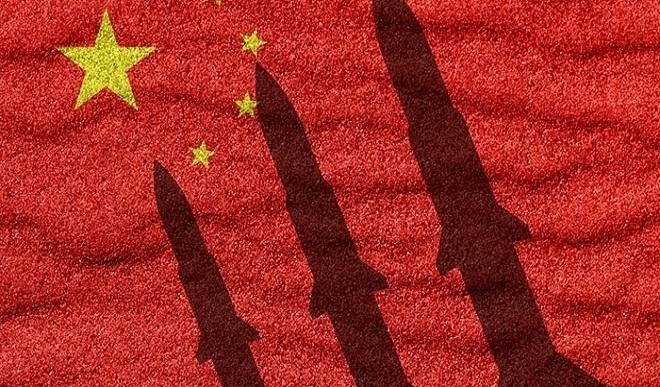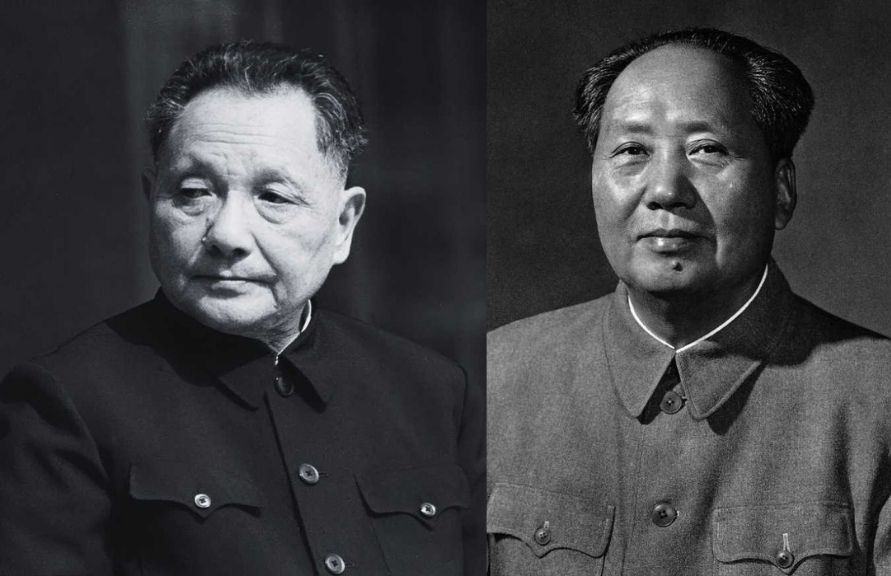China's Deadly Nuclear Tests: The Hidden Atrocity Unveiled
Communist Party"s Atomic Gambit Caused Mass Deaths, Suffering; Testing Programme Took an Enormous Toll on Human Lives and Environmental Health, Silenced Voices Left in the Wake.
Total Views |

In one of the darkest chapters of modern history, China’s nuclear testing programme has left an indelible scar on humanity.
Behind the opaque curtains of propaganda and secrecy, the Chinese Communist Party (CCP) launched a series of nuclear tests from 1964 to 1996, leading to the deaths of an estimated 1.94 lakh people.
For decades, the horrifying impact of these experiments has been shrouded in silence, hidden beneath the Party's propaganda of progress, but the world must confront the harsh truth—the Chinese government, under the leadership of its ruthless, power-hungry leaders, chose a path that condemned its own citizens to misery and death.
China’s journey into nuclear weapons began with the successful detonation of its first atomic bomb on October 16, 1964, at the Lop Nur Test Site in the arid deserts of Xinjiang.
While the test marked China’s entry into the elite nuclear club, it also marked the beginning of a series of catastrophic events for the region's population.

In a display of hubris and hunger for international clout, the leadership, led by Mao Zedong and his loyal comrades, launched an aggressive programme of nuclear tests, with total disregard for the lives and health of millions of their own people.
Xinjiang, a region already marginalised and heavily oppressed by Beijing, bore the brunt of this apocalyptic ambition. The Chinese government carried out 45 nuclear tests over the course of 32 years, poisoning the land, air, and water of this once-habitable region.
Local residents, predominantly Uyghurs, were never informed about the tests or their potential consequences. In true CCP fashion, secrecy and disregard for human rights became the hallmark of this programme.
There were no evacuation plans, no health advisories, and no protection for those who found themselves in the crosshairs of China’s nuclear ambitions.
Independent studies and expert estimates have painted a bleak picture of the fallout from these tests. Radioactive contamination affected millions of people, with an estimated 1.94 lakh deaths directly or indirectly attributed to radiation exposure, cancers, and other health complications.
The CCP's response? Silence. The Party's leadership maintained a cold indifference to the suffering of those affected, their plight ignored and their voices silenced.
Unlike nuclear testing in other parts of the world, where governments at least attempted to mitigate the effects on human health, the Chinese leadership showed no such concern.
It is clear that in the eyes of Mao and his successors, the people of Xinjiang were expendable.
The consequences of these nuclear tests were devastating and long-lasting. Radiation exposure led to an alarming rise in cancer cases, birth defects, and various radiation-induced diseases among the local population.
The lack of healthcare facilities and the CCP’s refusal to acknowledge the problem further exacerbated the situation. Reports from defectors and those who managed to flee the region describe the agony of entire communities ravaged by disease, with no assistance from the government.
Families were torn apart, children born with deformities were abandoned, and entire villages were left to suffer in silence—a haunting testament to the utter disregard the Chinese Communist Party had for human life.
The environmental impact of these tests has also been catastrophic. Vast tracts of land in Xinjiang remain contaminated to this day, with dangerous levels of radiation making agriculture impossible and leaving the region a wasteland.
The Lop Nur site, once a vibrant salt lake, has been reduced to a barren, toxic desert, a fitting metaphor for the destruction wrought by the Party’s reckless pursuit of power.
The local flora and fauna were also severely affected, with many species suffering mutations or disappearing entirely. The CCP’s iron grip on information has ensured that the true extent of the environmental damage remains largely unknown, but the evidence that has emerged points to an unmitigated disaster.

The leaders of the CCP, from Mao Zedong to Deng Xiaoping and beyond, have always portrayed China’s nuclear programme as a symbol of national strength and pride.
They have celebrated their entry into the nuclear club as a triumph of Chinese ingenuity and resilience. However, the reality is far darker.
The nuclear tests were not a triumph but a tragedy—a testament to the Party’s willingness to sacrifice its own citizens in the name of power.
The Chinese people, particularly the Uyghur population of Xinjiang, paid the price for the CCP’s desire to project strength on the world stage.
It is important to remember that the victims of these nuclear tests were not just numbers—they were real people, with families, hopes, and dreams, all of which were shattered by the CCP’s reckless actions.
The Party has never acknowledged their suffering, never offered compensation, and never even admitted to the full scale of the catastrophe it caused.
Instead, the Chinese leadership has continued to suppress any attempt to shed light on this dark chapter, silencing those who dare to speak out and burying the truth under layers of propaganda.
The world must not forget the horrors inflicted by the Chinese Communist Party during its nuclear testing programme.
The suffering of the people of Xinjiang is a stark reminder of the cost of unchecked power and the dangers of a regime that places its own interests above those of its citizens.
The story of China’s nuclear tests is not just a story of scientific achievement; it is a story of human suffering, environmental devastation, and a callous disregard for life.
It is a story that the Chinese Communist Party wants the world to forget, but it is our duty to remember—for the sake of the victims, for the sake of truth, and for the sake of humanity.
Article by
Shomen Chandra
Sub Editor, The Narrative


